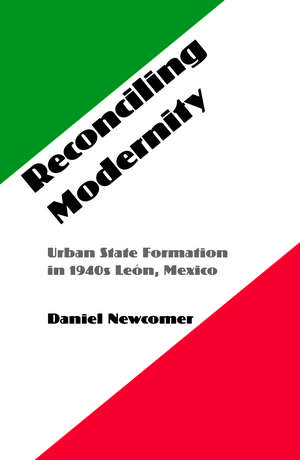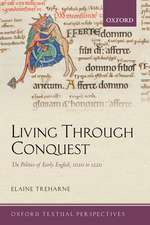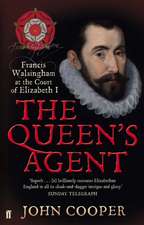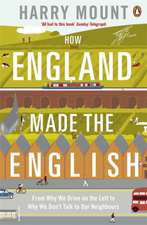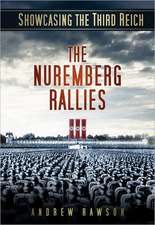Reconciling Modernity: Urban State Formation in 1940s León, Mexico
Autor Daniel Newcomeren Limba Engleză Paperback – 31 aug 2007
Reconciling Modernity challenges the academic consensus of a simplistic Church-State reconciliation in postrevolutionary Mexico and reveals instead a cultural power struggle between entrenched elite factions, each intending to define Mexico’s national identity. Using documents found in regional archives, Daniel Newcomer provides a new interpretation of how radically opposed conservative and revolutionary elites came to a political détente in the traditional Catholic stronghold of León, Guanajuato, during the 1940s.
León’s conservatives sought to limit the influence of the revolutionary government because state-sponsored modernization projects threatened local character and institutions. Tensions regarding the extent of state power culminated in the 1946 León massacre, during which government troops gunned down more than two dozen citizens. As the defining moment in local history, the violent confrontation helped solidify a new elite consensus, or an “official story,” that hinged on negotiated tenets of modernity—particularly ideals of industrialization and democracy—and supposedly validated state power among the general population.
Newcomer argues that advocates of the revolutionary state and their local opposition, including the pro-Catholic Sinarquistas, attempted to create “hegemonic appearances” to legitimate their claims to political power but ultimately relied on a rationalization of the use of state violence to enforce the social order they idealized. Reconciling Modernity concludes that the postrevolutionary government proved unable to legitimize its rule among the popular classes and reveals how history written by the victors can obscure the processes of historical change.
León’s conservatives sought to limit the influence of the revolutionary government because state-sponsored modernization projects threatened local character and institutions. Tensions regarding the extent of state power culminated in the 1946 León massacre, during which government troops gunned down more than two dozen citizens. As the defining moment in local history, the violent confrontation helped solidify a new elite consensus, or an “official story,” that hinged on negotiated tenets of modernity—particularly ideals of industrialization and democracy—and supposedly validated state power among the general population.
Newcomer argues that advocates of the revolutionary state and their local opposition, including the pro-Catholic Sinarquistas, attempted to create “hegemonic appearances” to legitimate their claims to political power but ultimately relied on a rationalization of the use of state violence to enforce the social order they idealized. Reconciling Modernity concludes that the postrevolutionary government proved unable to legitimize its rule among the popular classes and reveals how history written by the victors can obscure the processes of historical change.
Preț: 183.00 lei
Nou
Puncte Express: 275
Preț estimativ în valută:
35.02€ • 36.56$ • 28.98£
35.02€ • 36.56$ • 28.98£
Carte tipărită la comandă
Livrare economică 05-19 aprilie
Preluare comenzi: 021 569.72.76
Specificații
ISBN-13: 9780803222571
ISBN-10: 0803222572
Pagini: 288
Ilustrații: Illustrations
Dimensiuni: 152 x 229 x 15 mm
Greutate: 0.41 kg
Editura: Nebraska Paperback
Colecția University of Nebraska Press
Locul publicării:United States
ISBN-10: 0803222572
Pagini: 288
Ilustrații: Illustrations
Dimensiuni: 152 x 229 x 15 mm
Greutate: 0.41 kg
Editura: Nebraska Paperback
Colecția University of Nebraska Press
Locul publicării:United States
Notă biografică
Daniel Newcomer is an assistant professor of history at Stephen F. Austin University in Nacogdoches, Texas.
Recenzii
“Newcomer compiles an enviable record of original and archival sources; indeed, a third of the book is devoted to his sources. Employing an eclectic methodology, he analyzes materials such as city plats and maps published by the government and the opposition to help explain their differing urban visions. . . . Reconciling Modernity is an imaginative and thorough accounting of local political history as a means of understanding a larger, important context in twentieth-century Mexico.”—Roderic Ai Camp, Hispanic American Historical Review
